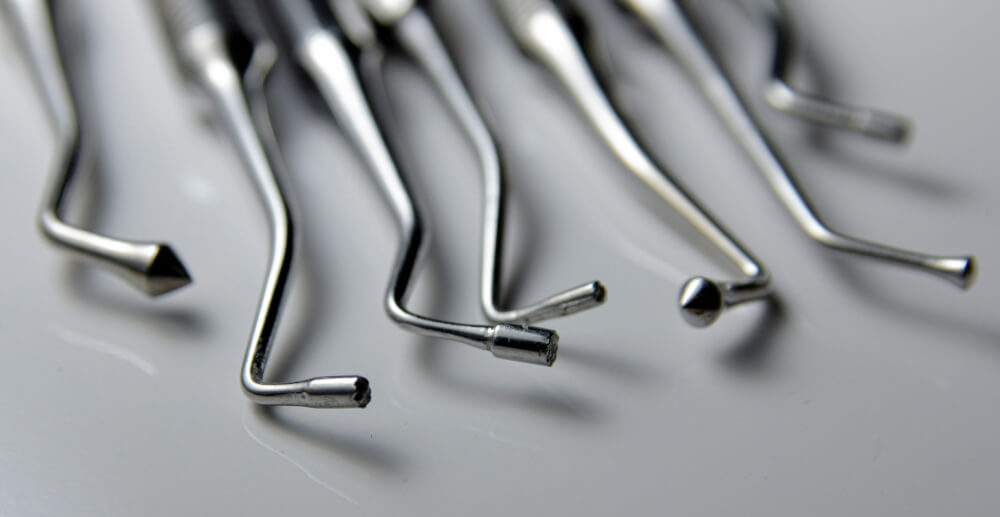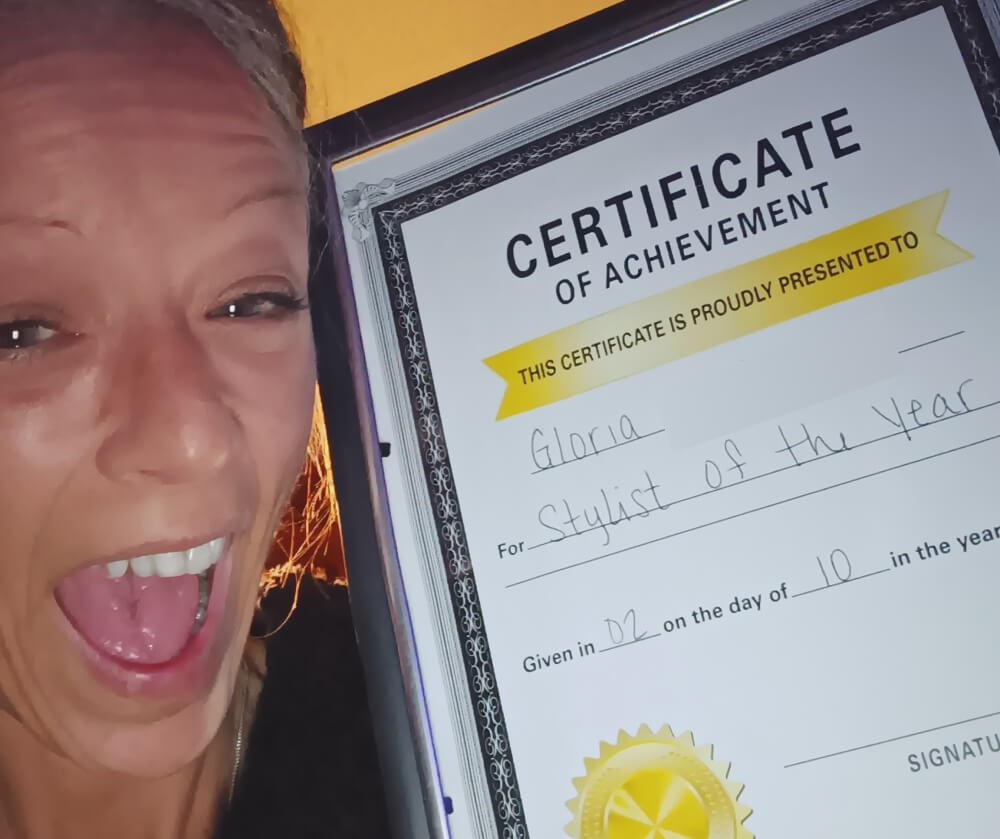Dana shares the story of how she came to admit that she was an alcoholic.
In the final months of my addiction, I allowed myself the despairing luxury of actually admitting I was an alcoholic. I came to terms with it. And then I decided that I would simply manage my alcoholism along with everything else in my life. This seemed rational to me at the time, because I figured despair, lying, and an aching liver could be maintained. Anything seemed better than not drinking.
Addiction is insanity, and attempting to “manage it” is like swimming with sharks and trying to talk them out of making you their lunch. Sharks don’t bargain; they just eat. And addiction doesn’t do “management.” It just devours, as well.
My alcoholism at work, as a teacher
Maintaining my addiction became very time-consuming, and it definitely cut into my work. I am a teacher, and most of my early mornings included loud bells, chaos, and seventh graders. These things do not sit well with hangovers. Nothing sits well with hangovers.
But I tried to carry on. Each morning, I would sleep as late as I could, and then try to fit my bloated body into something reasonably professional. Everything ached, most of all my heart. I fed my two children, repeatedly begged, yelled, and blackmailed them to get out the door on time, grabbed my satchel which was stuffed with hastily graded papers, and headed out.
I was always on time. Lateness would show a crack in the veneer, so I didn’t allow it. People might see. Even though my appearance was becoming increasingly rumpled and haggard, I did not want to be observed. In fact, at work and everywhere else, I just wanted to be invisible.
It is hard to be invisible when your job entails standing in front of twenty twelve-year-olds. The good news is that these kids didn’t have very high standards. I leaned heavily on recycled lesson plans. My students received reams of worksheets from me. I embraced the glorious end-of-the-week movie. I became as mediocre as possible, doing just enough to get by.
I shifted my goals to match my behavior
This shows a shift that happened in the course of my addiction. Early on, I had always pushed myself to achieve perfection. I had a great career—I’d been loaded with accolades and Teacher of the Year awards. My job was amazing, and I pursued it with vigor. I prided myself on being a Super Teacher all the time. This label paired well with being Super Wife, Super Mom, Super Cute, and any other smiley-face sticker I chose for myself. As I frantically tried to keep up with all my shiny expectations, I drank all the more. I told myself it was a well-deserved reward after hard day of being perfect.
But over time my life slowly sank under all the bottles of wine, and my interest in other things faded. And then, before I realized, I had slowly swung on my pendulum of addiction over to Way Past Caring.
Outwardly, my slow decline jutted up against my normal perfectionistic behaviors. But no one else at work mentioned it, or interfered. This makes sense, because society teaches us not to interfere or question the red flags, because that might be rude.
I got used to my new, warped reality
In our small town, my family lives in a hundred-year-old old house, with creaky doors that don’t quite fit and floorboards that tilt. Our kitchen, in fact, tilts so extremely that if a grape or tomato falls, it immediately rolls under the kitchen table, much to my annoyance. But as we have lived in the house over ten years now, I no longer notice the slant. Even the errant olive or two doesn’t provoke me much. I’ve lived with it for so long, in our wonky, well-traveled room, that it doesn’t even register.
This is how addiction also operates. You might notice someone rolling about, all askew, but you’re busy or tired, and you don’t want to offend. And then, before you know it, it’s just part of the scenery.
Meanwhile, my scenery was becoming more and more wretched. I remember looking over some graded papers and gaping at the red-inked scrawls on them. I could barely understand my own comments. My scribbles were terse, like each paper was a nuisance and a bother.
I had graded the pile of papers the night before with my trusty glass of wine sitting nearby. This was normal, wasn’t it? Who wouldn’t want a glass of wine while grading papers? I mean, this was sixty papers authored by pre-teens, about the life of Edgar Allen Poe. Wouldn’t anyone need a drink for that?
Didn’t everyone feel the need to pour another glass or two to deal with the onslaught of work and children and bills and husbands? How else do you do it?
There was now a fear, itching at the back of my brain, telling me that life without wine would be impossible. It might mean a conversation with my boss, leaves of absence, and other impossible things. These thoughts would flare up within me, and I would pour more wine to subdue them.
That is how I became an alcoholic at work. And at home. And everywhere in between.
It would not be long until I would no longer be able to manage it.








